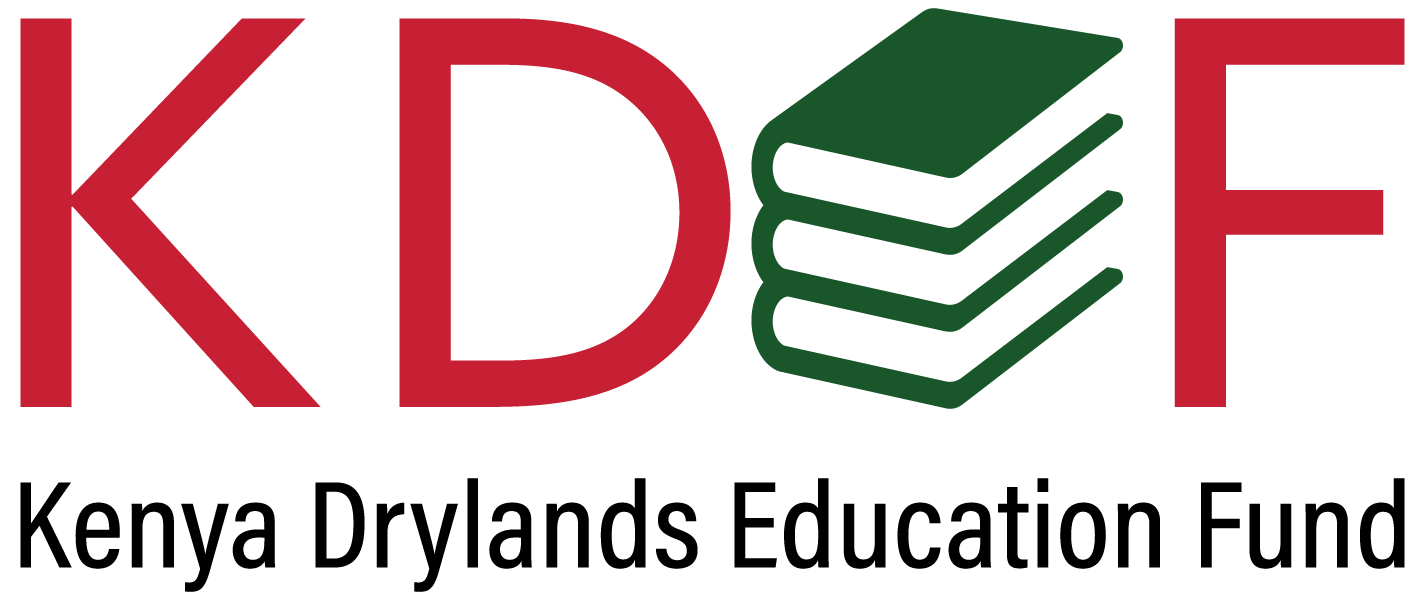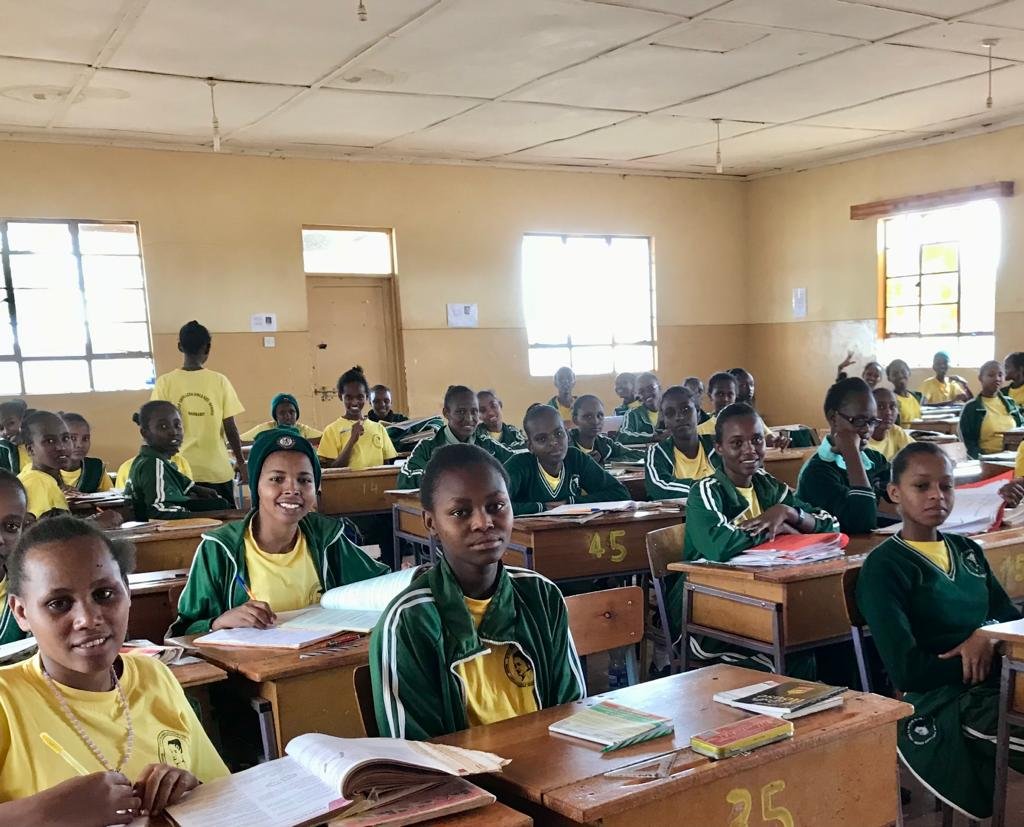Going the extra mile as a NGO
A recent article by Nation.Africa (https://nation.africa/kenya/counties/marsabit/marsabit-initiatives-that-keep-children-in-school-3715874) discusses the main issues teachers and students face in the Marsabit County on a day to day basis as well as KDEF’s mission to improve their lives.
Progress can only occur if members from the community step up. Hence, KDEF promotes education according to their EnART (Enrollment, Attendance & Retention, Transition) model. The aim is for students to return to their communities and help out with knowledge gained from their secondary and higher education. Their new perspective on life is a way for them and their families to escape the vicious cycle of poverty they were born into.
KDEF provides major support in terms of infrastructure: from the classroom, to the dorms as well as the library. With their strong contribution entire schools with feeding programs have been built. This is what one can expect from a successful and highly dedicated organization relying on exceptionally committed individuals. However, KDEF has gone well beyond that.
What use is a school to a community if a majority of the students stay away from it?
In Marsabit and the other counties, most of which are pastoral societies, door-to-door campaigns led by the government do not directly conclude in higher attendance rates. Many minors remain involved in livestock herding, losing contact to school very early on.
The daily school register is reviewed by the government, but it doesn’t show the full picture since there is a lack of communication amongst stakeholders. KDEF addresses this problem with a custom cloud-based application, monitoring attendance in over 10 schools in the region.
The system is installed on tablets allowing area chiefs to track attendance in a systematic way. Over 2,000 learners are currently being surveilled. If a student is absent for more than 10 days, the principal gets alerted, the whereabouts of the children are sought out and it is ensured they go back to school.
Luckily, KDEF can rely on dedicated teachers, embodying the ethics of helping your own community. Mr Joseph Lesanjir teaches at the Nairabala Early Childhood Development Education (ECDE) center, one of the 10 centers KDEF has set up so far. Many parents can’t accompany their own children to school because they have to leave early for water and pasture. Mr Lesanjir goes the extra mile(s), walking a daily 16 to and from school picking up most of his pupils along the way. Without his help, many kids would drop out, never exploring further education.
Climatic conditions in the Marsabit and Samburu region cause frequent drought spells. During these periods in the Kenya drylands, everything revolves around water. KDEF’s water browser runs nonstop to keep up with the perpetual demand for this lifesaving commodity. KDEF is digging boreholes as well as shallow wells, building rock catchments and installing water harvesting systems to help with sustainable solutions.
Dr. Teresa Naidoo puts it nicely: “Our civilization doesn’t have money to establish water in parts of Africa, but has money to search for water on Mars. This only confirms that poverty exists not because we cannot feed the poor but because we cannot satisfy the rich. It’s easy to be civilized, harder to be human.”
KDEF has so far given 400 children a new perspective on life by introducing them to the education system through one of their 10 ECDE centers. The goal is to have centers with capacity to enroll 2,000 school age children every year. This will be made possible thanks to their unique EnART model. KDEF’s structured and reasoned approach as well as their smart use of technology is what sets them apart from other nonprofit organizations.
Antoine Marc



